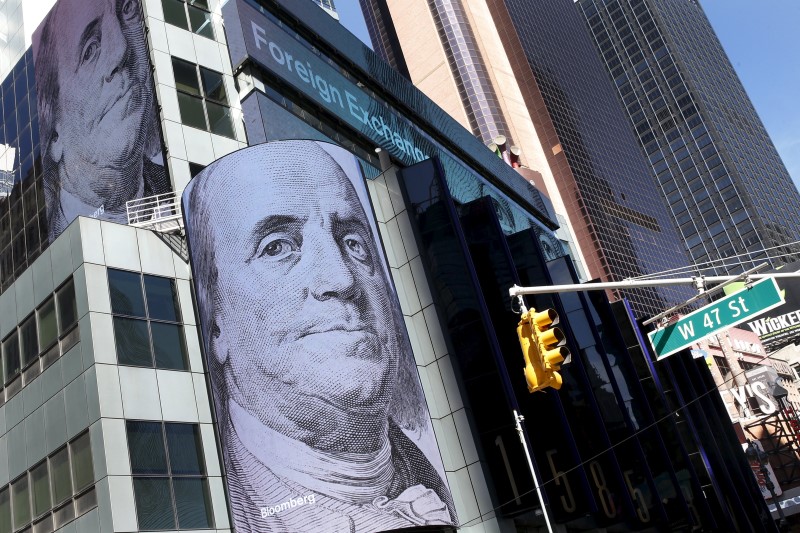(Bloomberg) -- The coronavirus has blown Brexit out of the headlines, and for pound traders that may be a silver lining.
Sterling will strengthen to 80 pence per euro -- a level not reached since the 2016 vote to leave the European Union -- and possibly beyond, according to Standard Bank. The pandemic means that the deadline for a trade deal this year could either be pushed back, delaying a risk for the currency, or see more favorable terms given to the U.K., it said.
At the same time, the crisis is shining a light on the EU’s struggles in dealing with an issue that affects different countries within the bloc disproportionately. Its financial aid measures are still not sufficient to be worth betting on the euro, according to Societe Generale (PA:SOGN) SA.
“The stigma of being associated with the EU –- and the euro zone in particular –- will only increase as a result of the coronavirus crisis,” wrote Standard Bank’s head of foreign-exchange strategy Steven Barrow in a note. “We’ve long had our sights on a return to 0.80 over the coming year for euro-sterling (a sterling rise of nearly 10%) but now we are starting to think that this might be a bit too conservative.”
That would mark a change of fortunes for a currency that has suffered a pronounced sell-off since the decision to leave the EU and again after the virus forced a lockdown in London, the world’s largest foreign-exchange hub. Against the dollar, sterling touched the lowest level in 35 years last month as traders sought the safety of the greenback.
The pound has recovered some ground in recent weeks, yet is still around 3% lower against the common currency this year at about 87 pence per euro.
The euro’s fortunes have worsened too, with the EU struggling to reach agreement over what kind of emergency support it should give economies worst hit by the coronavirus. While Italy and France want some sort of joint bond issuance, Germany and the Netherlands are reluctant to agree, leaving the European Central Bank to provide support.
“The economic lifeboat still isn’t big enough,” wrote Kit Juckes, a strategist at Societe Generale, in reference to a 540-billion-euro deal ($592 billion) reached by EU finance ministers last week to support the region. “I’d still rather be long pound-dollar.”
